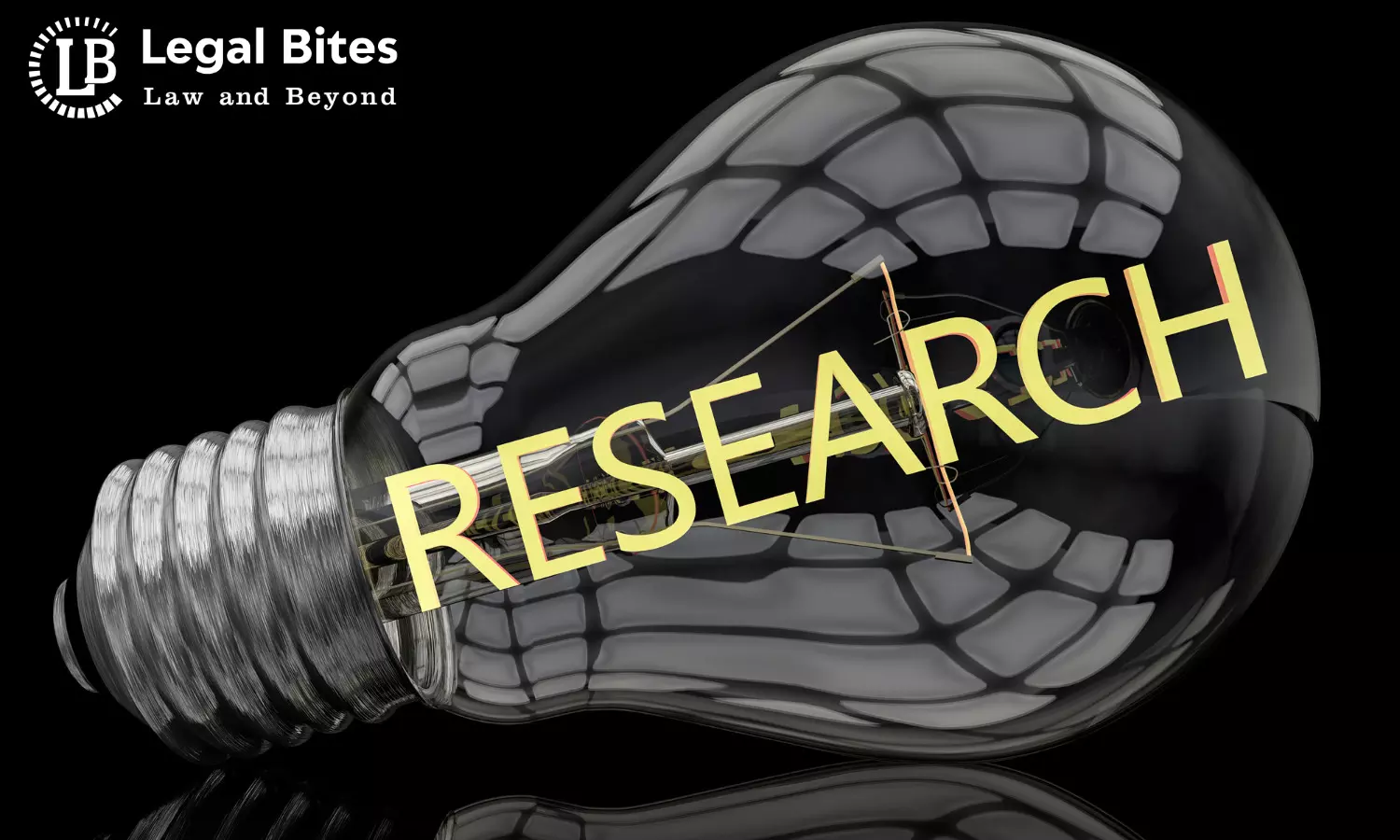Introduction to Research
Research helps in eliminating any loopholes as defined and described in the research problems.

Research helps eliminate any loopholes defined and described in the research problems. There are certain features of research and sequential order in which it must be conducted for it to be accurate. In this article, 'Introduction to Research', we shall understand the same in order to comprehend ‘Research’ and its relevance.
Introduction
Although there is similarity across the various definitions of research, there does not seem to be a single, comprehensive definition that is accepted by all those who engage in it. A researcher is someone who conducts research and may have a formal job title designating their line of work. Social scientists or scientists in the natural sciences work as researchers. One needs to have in-depth knowledge of the social science field in which one has chosen to focus in order to be a social researcher or social scientist. Similarly, someone who wants to work as a researcher in natural science must be knowledgeable in that field.
What is Research?
Research is a systematic enquiry process that includes data gathering, documentation of important information, analysis, and interpretation of that data and information in accordance with appropriate procedures established by particular academic and professional disciplines.
Research is defined as "creative and methodical activity done to improve the body of knowledge." It entails gathering, organising, and analysing data in order to understand a subject better and is distinguished by a focus on minimising bias and error causes. These tasks are distinguished by taking biases into account and adjusting for them. A research effort could build on prior contributions to the field. Research may duplicate portions of earlier projects or the project as a complete to verify the accuracy of instruments, processes, or experiments.
Nature/ Characteristics of Research
Following are the most important characteristic features of ‘research’:
1. Empirical - based on observations and experimentation
2. Systematic - follows an orderly and sequential procedure.
3. Controlled - all variables except those that are tested/ experimented upon are kept constant.
4. Employs hypothesis - guides the investigation process
5. Analytical - There is a critical analysis of all data used so that there is no error in their interpretation
6. Objective, Unbiased, & Logical - all findings are logically based on empirical.
7. Employs quantitative or statistical methods - data are transformed into numerical measures and are treated statistically.
Aims of Research
What must be accomplished by the end of the study process within the parameters of the research is emphasised by the research aim. When the research goal is accomplished, the research question is resolved. Research goals are broken down into various pieces by research objectives, and each part is addressed independently. The "what" that has to be examined is specified by the research aim, and the "how" is covered by the study objectives. There would typically be a single research aim and many research objectives. The research aim will be accomplished if all of the research objectives are met.
A research aim is often a broad assertion outlining the overall objective of your research study. It should follow your problem statement and come before your research goals. The exact focus and methodology of your project are indicated by your research objectives, which are more detailed than your research purpose. Even though you just have one research goal, you probably have multiple objectives.
Process of Research
The seven steps of research can be understood as follows:
1. Identifying Research Problem
Your hypothesis and interpretation of your findings are guided by the research problem so that you can reach the appropriate conclusion. Because it serves as the foundation for all of the subsequent research activities you plan to conduct, a strong research problem is crucial. In choosing a good research problem, factors including the researcher's area of interest and socioeconomic importance should be taken into account.
2. Formulating Hypothesis for Research
Developing your own hypothesis is the next step after identifying your research challenge. A theoretical assertion used to resolve a logical relationship between variables is known as a hypothesis. Do not be alarmed if your hypothesis turns out to be false after testing because it was merely an educated estimate. Always keep in mind that your hypothesis should be founded on the problem being addressed by the research.
3. Review of Literature
You should read a variety of publications or browse the internet to learn about the earlier efforts done in order to get a clear image of the entire research. In doing so, it can inspire a notion that will become the focus of your enquiry. Science books, magazines, journals, newspapers, and even the internet can be used to review related literature.
4. Preparing of Research Design
A research design serves as the general framework for the investigation you plan to conduct. It acts as the overall study's work plan because it details both the resources required for the research and how those resources will be used.
5. Experiment/ Actual research
When you actually do an experiment, you have to demonstrate that your hypothesis is correct. The research methodology you used is an example of an actual experiment. Prior to conducting the experiment, the approach should be thoroughly planned to guarantee the reliability of the findings.
6. Result/ Discussion
Since this is where the research's findings are located, it is the central component of the research process. To interpret the findings of your investigation, use a table and a graph.
7. Formulation of Conclusion
The conclusion is a statement in which, in light of the research's findings, you will offer a solution to the issue that was raised. They are connected to the issues being looked into. Whether your experiment was successful or not, will be evident in your conclusion. Your research question and hypothesis should be addressed. You can also deduce the potential social advantages of your findings in your concluding remark.
Purpose of Research
Based on the type of research, its purpose can be inferred. This can be understood by the following 3 points:
1. Exploratory
As the name implies, exploratory research is carried out by researchers to investigate a set of questions. The solutions and analyses might not provide a resolution to the alleged issue. It is being done to address brand-new, unexplored problem areas. The groundwork for more thorough data gathering and analysis is laid by this exploratory procedure.
2. Descriptive
It focuses on gathering data in order to increase understanding of current challenges. Research that is descriptive analyses the actions of a sample population. The study only needs one variable to be conducted. Descriptive studies' three main goals are to describe, explain, and validate the results. For instance, research was done to determine if top-level management executives today have a moral claim to a sizeable portion of the company's profits.
3. Explanatory
To comprehend the effects of particular modifications to current norms of operation, a causal or explanatory study is carried out. The most common form is conducting experiments. Consider a study that was done to see how rebranding affected consumer loyalty.
Conclusion
In conclusion, we now comprehend what research is, the numerous types of research methodologies and their relevance, as well as the significance of why we must devote time to research. So, it is evident that research enables us to learn more and only choose pertinent information from a large amount of material at our disposal.
Important Links
Law Library: Notes and Study Material for LLB, LLM, Judiciary, and Entrance Exams

